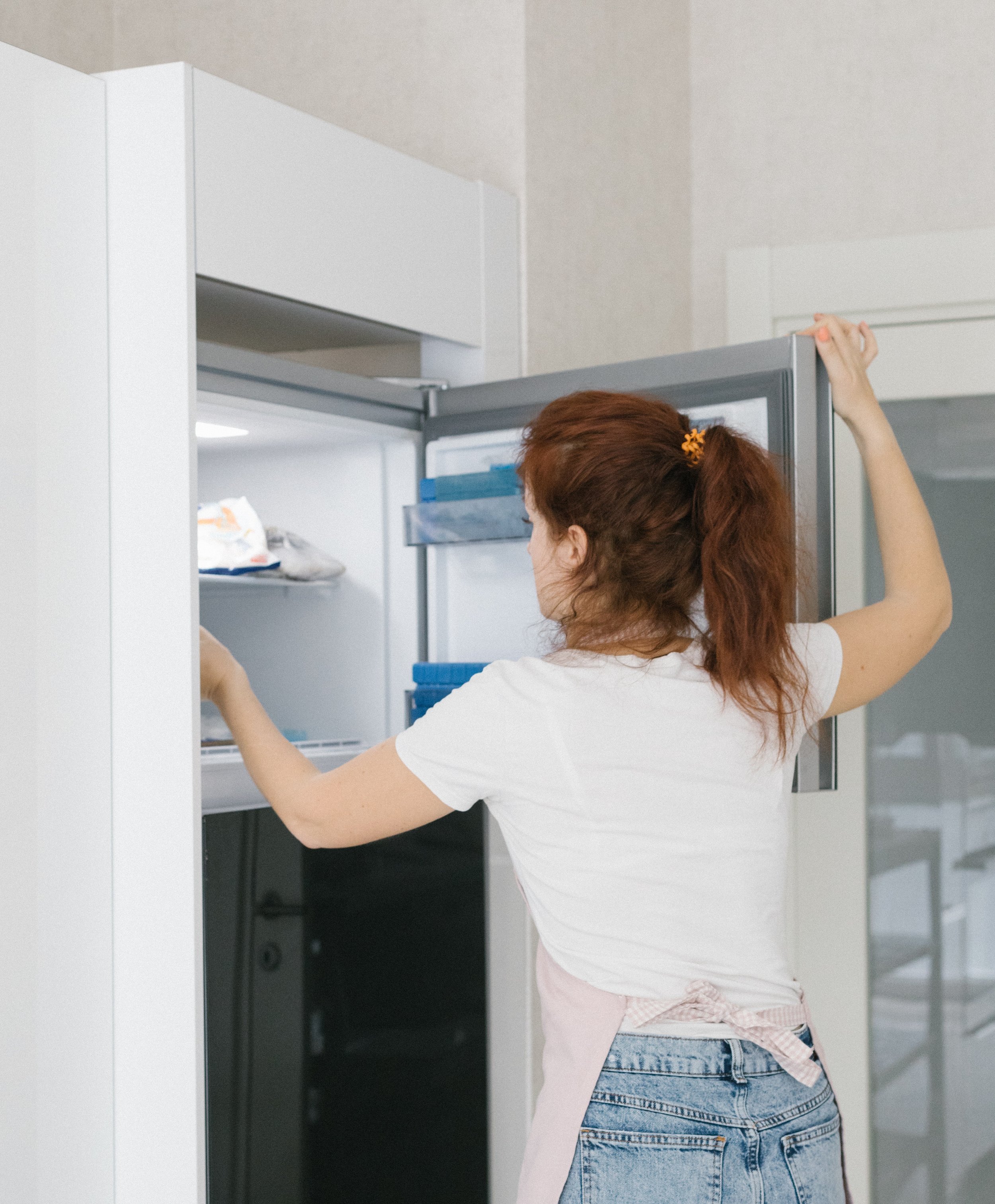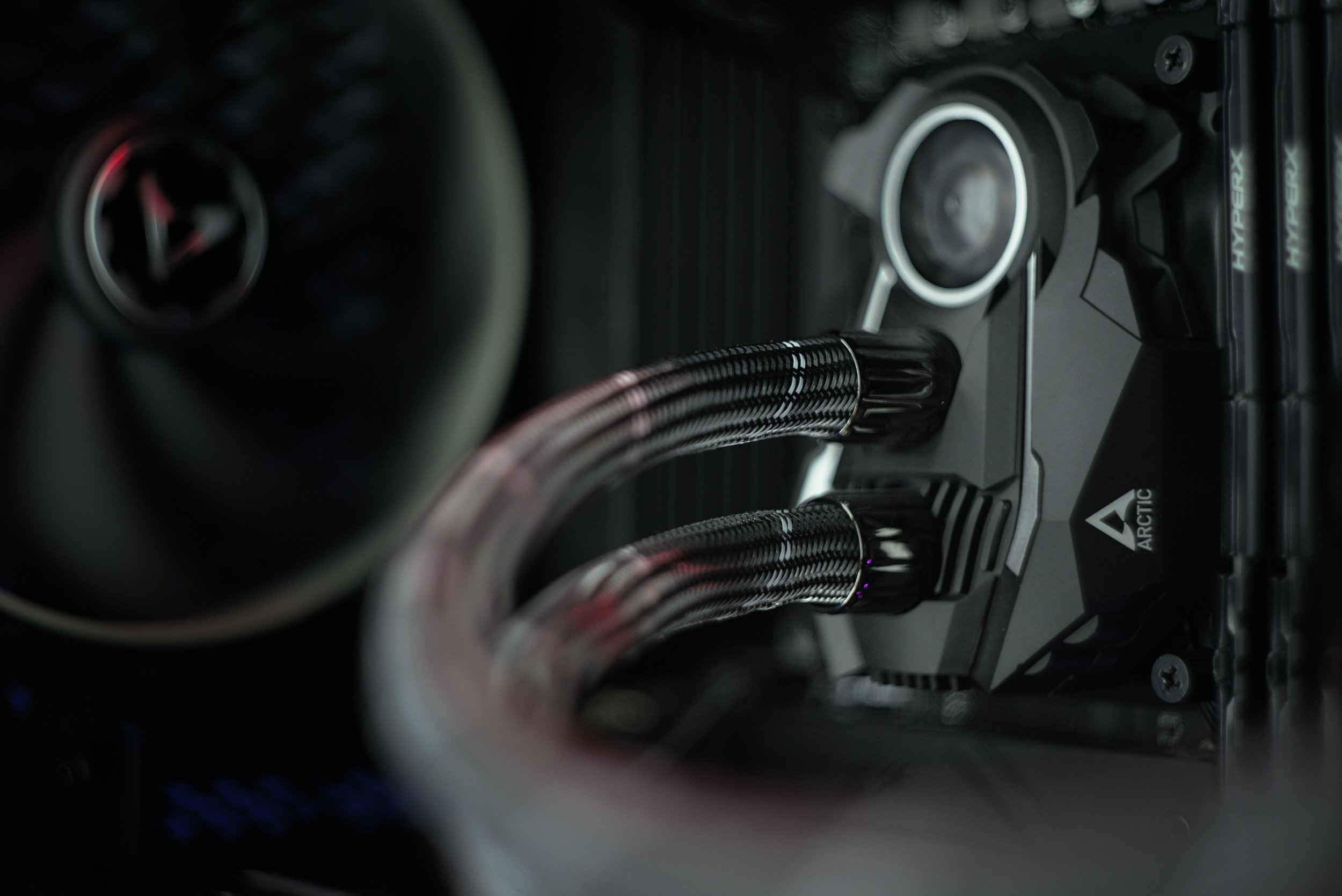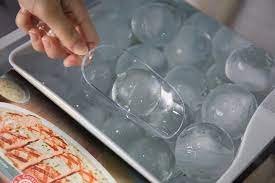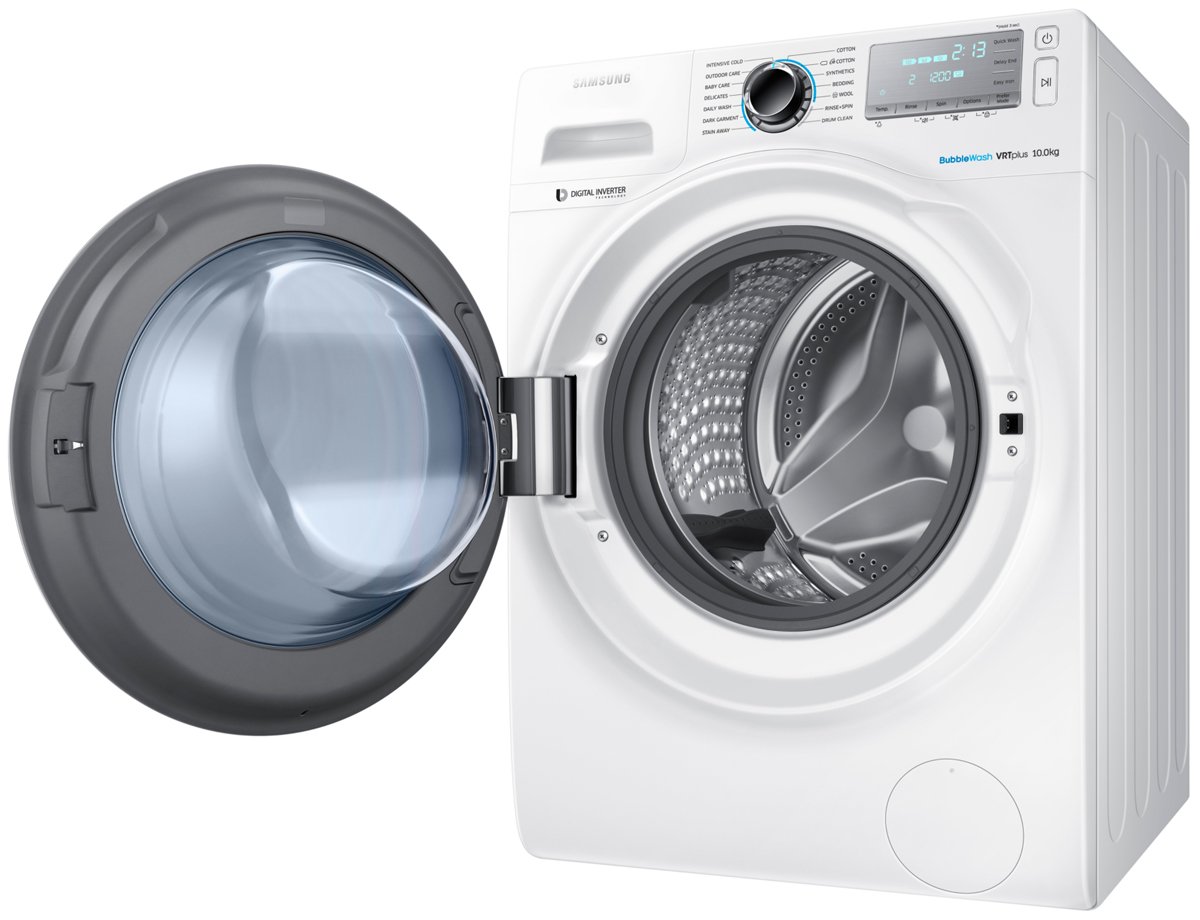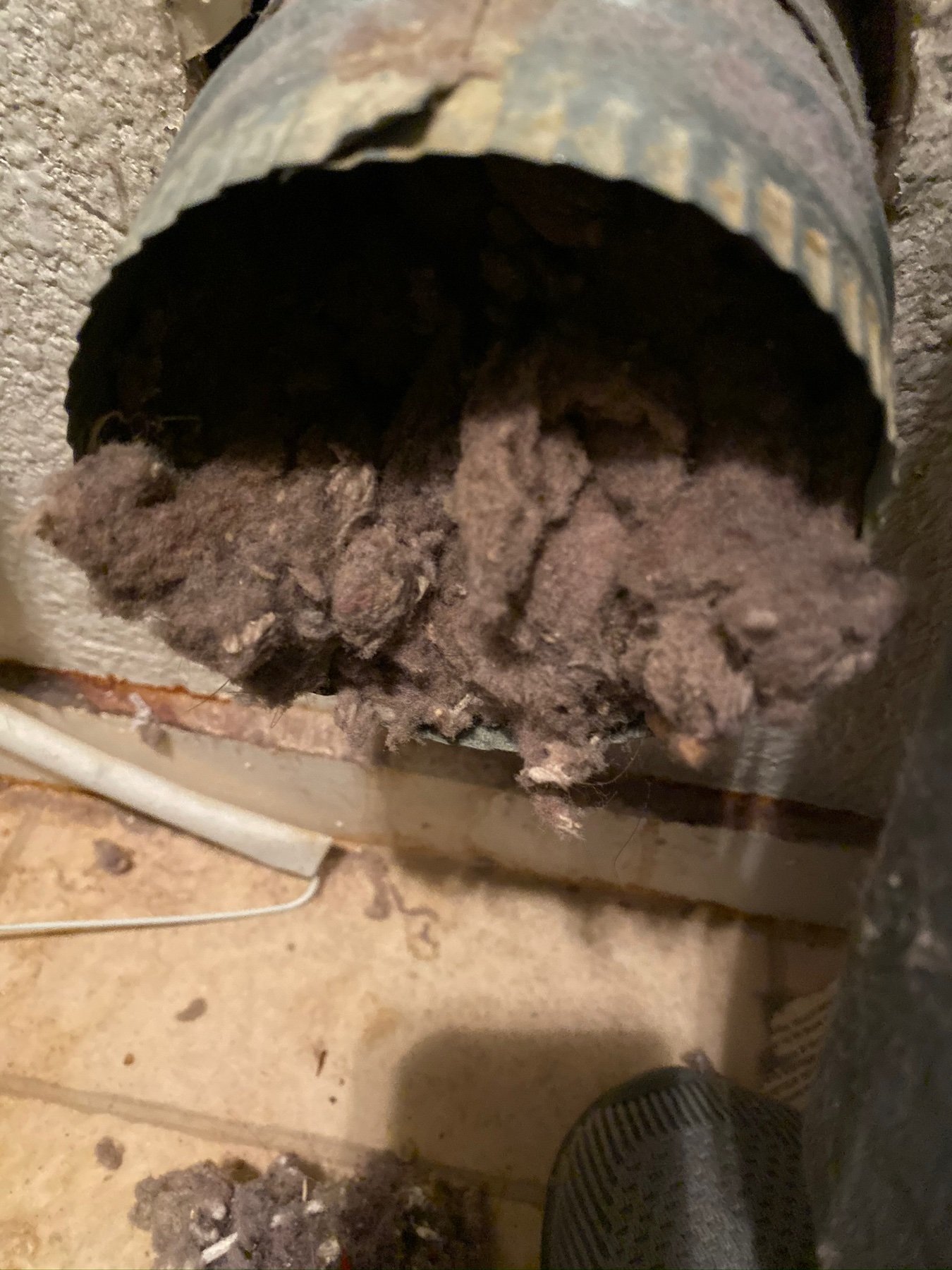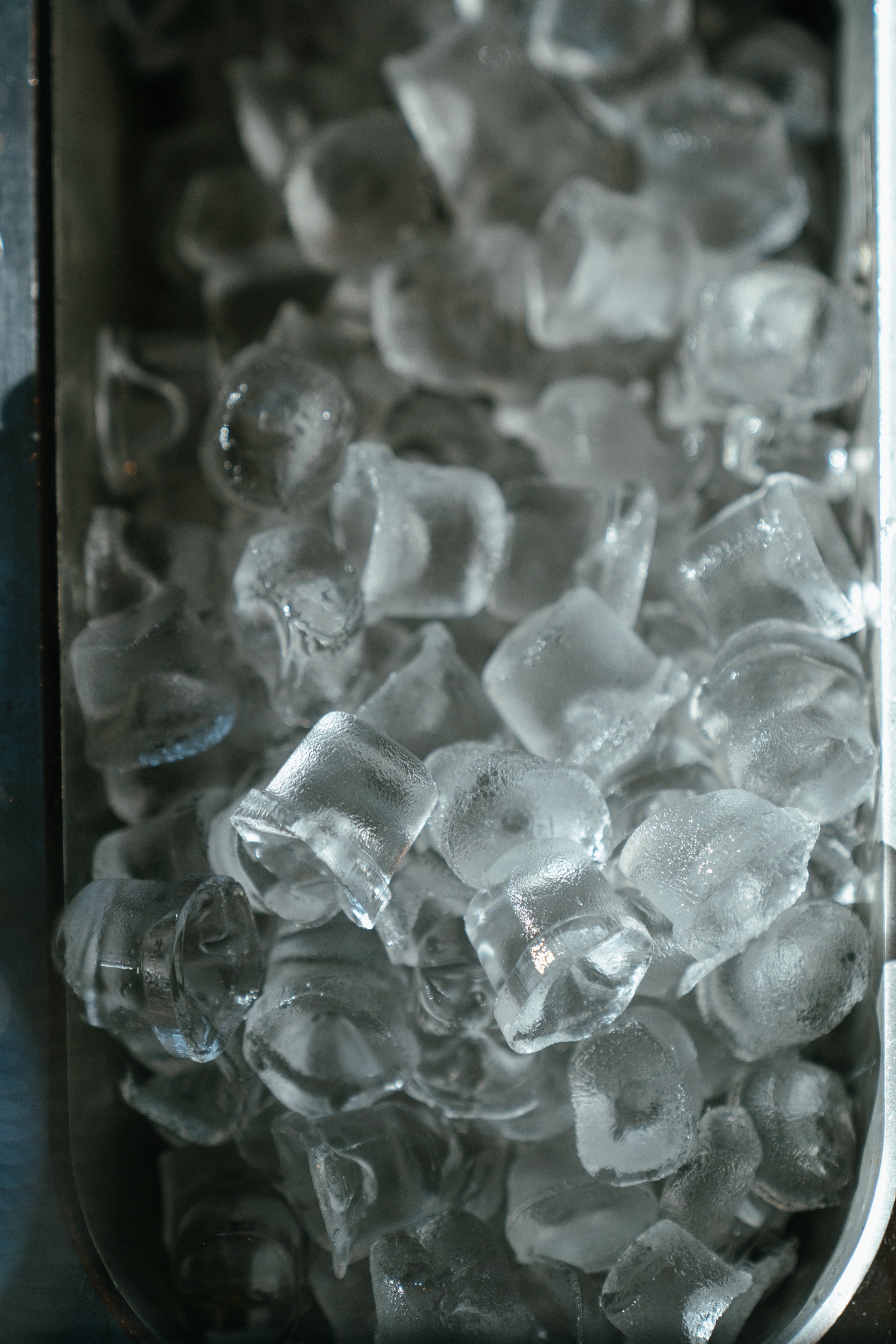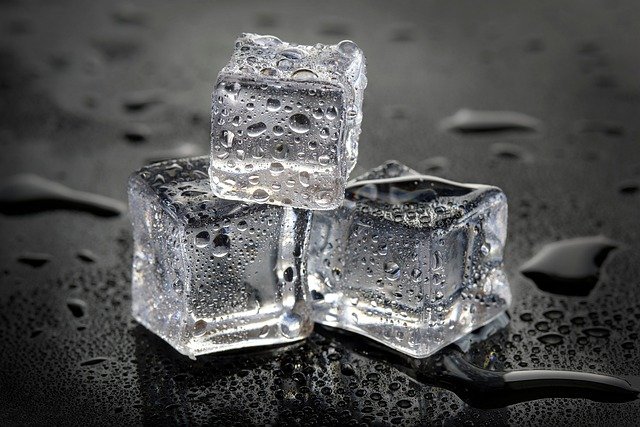Unlocking the Cold Truth: Your Essential Guide to Refrigerator Repairs and Myths
We get a lot of questions about refrigerators and how to go about repairing them both before and during a maintenance call. We’ve been asked all sorts of things from the normal ‘can’t you just repair a compressor?” to “can my fridge explode??” and everything in between. So we’ve rounded up the ones we get most often while working on refrigerators and are answering them here.
Repair-oriented questions
Can Refrigerator Doors Be Removed/ Replaced/ Adjusted?
Fridge doors can indeed be easily removed, and when you’re done you just pop them back into place. They can also be adjusted. Most shops will have screws to help you align the doors properly, they might even be included when you purchase a fridge. If not, or if you’ve had your fridge for a while, you can always ask at a nearby hardware store. As to replacing doors, this one is more.. Dependant on you. There are shops that can replace a door for you, we can even do that if you like. However, we will say that you might want to look at the fridge you have and consider if it’s worth it. If you’ve spent 10-15k on your refrigerator, then yes, replacing a door is absolutely a good call. On the other hand, if you only spent a third of that? Then you might as well buy an entirely new fridge for the price of getting a new door.
Can A Refrigerator Compressor Be Repaired?
Yes! However, we will say that it’s not typically cost-effective to repair them. There’s two reasons for that. The first point is that repairing a compressor isn’t a guaranteed way to extend the lifespan of the part. You can often repair the part only to have it break again before long. Additionally, not all compressors can be repaired at all. Some are built so that once they break, that’s it, you’ll have no choice but to replace it.
We will also point out that while a pro can replace a compressor, attempting to do it on your own is ill-advised. Most refrigerator compressors are not cross-compatible and you’re more likely to do further damage to your fridge in attempting to replace it. It is a complex job with many potential failure points if you aren’t intimately aware of what you’re doing.
Additionally, the failure isn’t always the compressor. It might be your fans, it might be that your refrigerator is frozen over, or it might be that the poor thing is choking on dust bunnies. While some of our other posts have pointed out ways to tell what the issue is, it’s not always easy.
Can You Add Freon To Your Refrigerator?
Can you the individual? No, or at least not easily. Additionally, if you’ve replaced your refrigerator since 2020, it’s no longer freon. Can a professional add freon to your refrigerator if that’s the type of coolant it uses? Yes.
Can My Refrigerator Leak Freon?
Most assuredly it can, and we hope that yours never does. Freon is a gas, so the only thing you’ll smell is a slight chemical odor. Additionally you won’t see the freon itself it is leaking, instead you’ll have an oily residue that’s leftover from the freon. The only reason it will be leaking though is if something got a hole poked into it. Have you recently done a DIY repair that went wrong? Or were you a bit too pushy with making scraping out some built up frost? These are the reasons that having a professional come in is important, because you don’t want to have a freon leak.
Can Your Refrigerator Explode
Yup, we’re going to answer this one, so that next time a small child in your life asks, you can answer it.
The surprising answer here is yes, a refrigerator can actually explode. HOWEVER it’s exceedingly rare. So, this is a thing that can only happen with newer fridges. Older fridges used freon, and freon doesn’t explode. R-600 however is flammable. So, to make this one happen, you’d have to a) have a newer fridge utilizing R-600 as the coolant, and b) it would have to have a hole in the line, c) it would need to have very little circulation around it and d) you’d need something with a spark. While the first one is more common these days between older fridges failing due to age, and rebates being offered to shift away from freon-based refrigerators, the rest aren’t. So long as you take care of your fridge, having a hole in the line and little air circulation isn’t likely to happen. Or if they do, you should be calling in a repair technician to fix one or both issues. As to the last, we hope and trust that all of our readers know how to be safe around fire.
So yes, technically, your refrigerator can explode. BUT it’s such a rarity that it’s more likely that any time you hear of it you should suspect foul play rather than a natural occurrence.
In conclusion, refrigerators can be a source of many questions and concerns, both for those looking to repair them and for those curious about their potential dangers. From adjusting doors to the complexity of compressor repairs and the use of refrigerants like freon, we've covered some of the most common queries surrounding these essential appliances. It's important to remember that while refrigerators technically have the potential to explode under specific circumstances, it's an exceedingly rare occurrence, especially with older models. By ensuring proper maintenance and addressing any issues promptly, you can keep your refrigerator running smoothly and safely, reducing the likelihood of any unexpected and dramatic outcomes.
If you find yourself in need of professional assistance with your refrigerator or any other appliance, don't hesitate to reach out to Appliance Rescue Service. Our expert technicians are ready to help you with all your appliance repair needs. You can give us a call at ((214) 599-0055) or visit our contact page to schedule an appointment. We're here to rescue your appliances and provide you with peace of mind.
Additional Reading:
Refrigerator Cooling Issues? Check These 5 Things!


